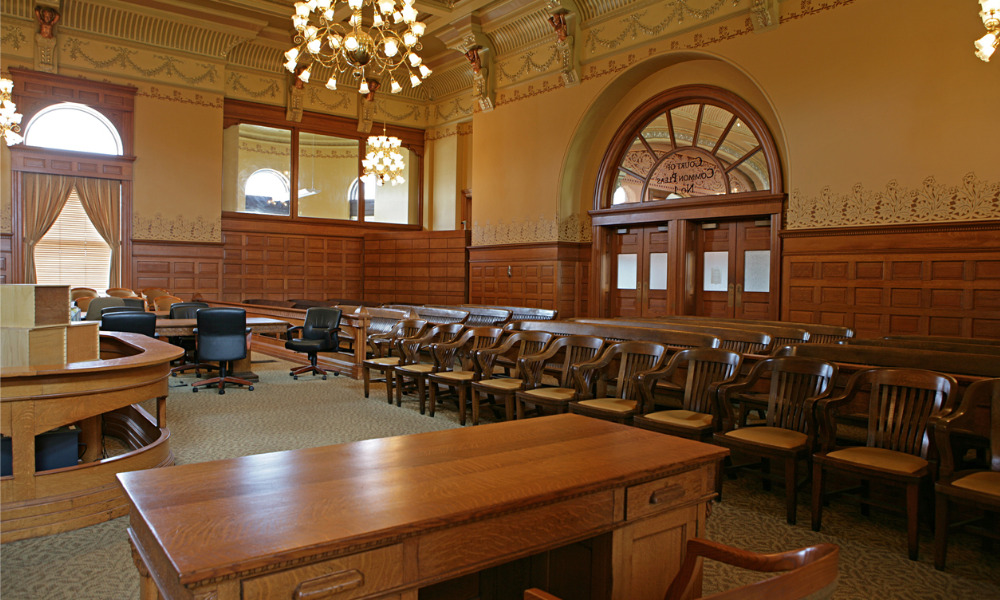
More details shared about court protocols while on alert level 4

With New Zealand still under alert level 4 restrictions due to the coronavirus pandemic, judicial officials have provided updates on court protocols. Here are the latest this week.
Courts
The court has been equipped with virtual meeting room (VMR) technology, and will collaborate with counsel on the hearings scheduled for appeals.
All criminal appeals may be heard, with hearings resuming as of 2 April. Counsel and media can view the proceedings via VMR technology.
As of 6 April, the court has allowed for applications and notices of appeal to be signed by counsel rather than the appellant, as long as the counsel certifies that the appellant cannot practicably sign the document personally at the present time; that the notice was read and approved by the appellant; and that the appellant will file an original notice signed by them as soon as practicable.
The High Court Rules 2016 have been amended as of 9 April. Changes include permission to file documents by email.
With the capacity for virtual hearings increased in recent weeks, the court will run as many non-witness civil hearings as possible from 20 April onwards. Priority hearings are also being held in courtrooms equipped with remote technology.
The court is also collaborating with the Ministry of Justice to resume judge alone trials and proceedings requiring oral evidence as soon as possible. However, the court may adjourn sentencings of significant public interest in order to facilitate victim and community engagement.
The suspension of new jury trials has been extended until 31 July.
The court will accept affidavits that cannot be signed or sworn before an independent lawyer or registrar. A lawyer acting without a notice application will provide a certification indicating that, “the affidavit was prepared in accordance with the deponent's specific instructions. It was read to them or an electronic version provided to them. The deponent confirmed that they fully understood the affidavit, and that the contents of it were true and correct.” This certification will take the place of the deponent’s signature and jurat. In addition, the lawyer must file a memorandum of counsel.
Applications and documents must be filed electronically between 9:00am to 5:00pm on weekdays, as the court will not accept hard copies even in face-to-face hearings.
The court is rolling out technology to facilitate virtual hearings for priority proceedings. It will also continue to hear matters that do not require the provision of oral evidence.
Arrangements will be made for litigants in the Family Court, while the Youth Court will continue to run based on protocol.
Some matters may be determined on the papers, by telephone or audio-visual link (AVL) or by adjournment, as decided upon by judge’s assessment. Documents are preferably filed via email, but may also be lodged by post. Unsworn affidavits may also be accepted.
All scheduled hearings are adjourned, and urgent applications must be lodged electronically with the Chief Registrar. All judges are under remote working arrangements.
Listings until the end of May have been adjourning and their preparation timetables suspended.
All inquests within the lockdown period have been postponed, and no dates for future inquests have been set. Measures are being taken to implement remote participation, while non-publication orders are determined on the papers.
Ministry of Justice
The ministry has updated its list of operational courts here, as well as protocols for court operations here.
AUTHOR